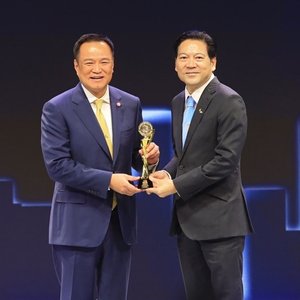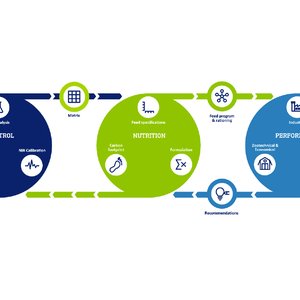A broad coalition in the Norwegian Parliament has reached a landmark agreement on the country’s new aquaculture policy, preserving the current regulatory framework while introducing incentives for environmental improvements.
The deal, backed by six political parties across the aisle—including the governing Labour Party and opposition Conservatives—will maintain the existing "traffic light" system and maximum allowed biomass (MTB) limits for fish farming. These controls will stay in place until a new regulatory framework is finalized and adopted, expected between 2026 and 2029.
In the interim, lawmakers have agreed to introduce a new environmental technology scheme aimed at rewarding aquaculture companies that reduce their ecological footprint.
“This broad agreement seriously addresses environmental challenges while safeguarding jobs along the coast,” said Erling Sande of the Centre Party, chair of the Parliament’s business committee. “Protecting small and medium-sized producers and ensuring income for coastal communities was key.”
The agreement also mandates feasibility studies on a revamped production quota model that could tie allocations to company-specific MTB levels, as well as an analysis of how removing the MTB system might impact company valuations, ownership, and financing.
Fisheries Minister Marianne Sivertsen Næss welcomed the consensus, calling it “a step toward predictability for the industry and coastal communities.” The deal paves the way for a final parliamentary vote on June 12.
The compromise follows months of resistance from the aquaculture industry to stricter government proposals, which included sea lice emission quotas and penalties for fish escapes and mortality. These measures will now undergo further consultation.












